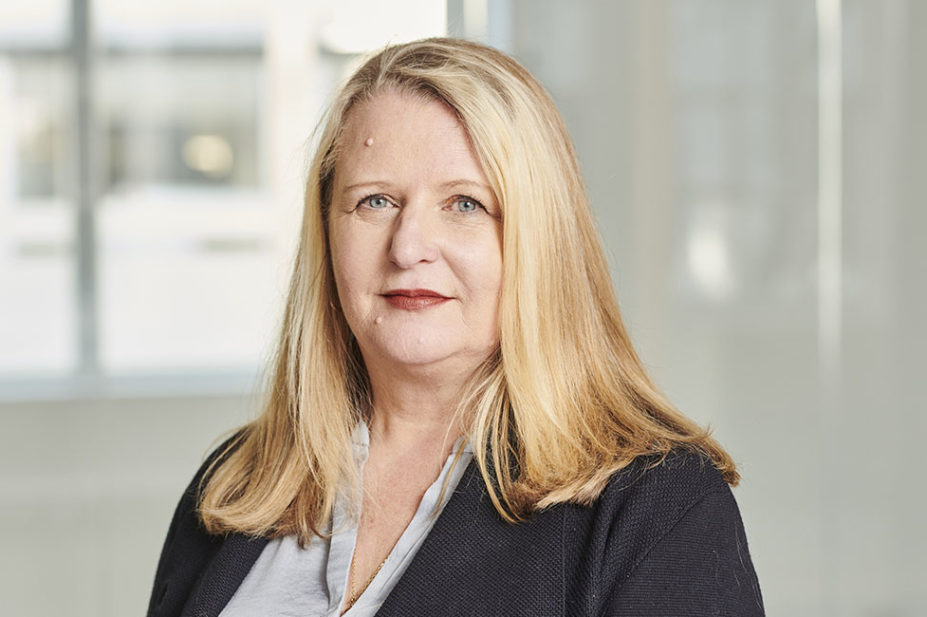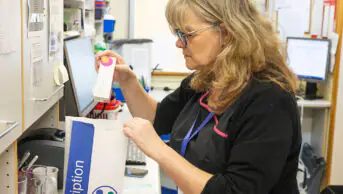
Paul Stuart
The Pharmaceutical Services Negotiating Committee (PSNC) has criticised the government for launching a “reckless” media campaign directing patients in England to use community pharmacies for treating minor ailments, without providing extra funding to the sector.
The media campaign, which launched in November 2022 in The Telegraph, Daily Mail, Metro and i paper, includes the publication of government-sponsored articles advising patients on “how to look after your health” using NHS services during the winter months.
The articles set out when patients should use NHS 111, visit their GP or their local community pharmacy.
“[Community pharmacists] have had extensive training in the use of medicines and are experienced in dealing with all kinds of minor illnesses, so know exactly how to get you the help you need,” the campaign states, adding that “no appointments are needed – simply walk in and ask to speak to someone”.
Each of the articles note that it “is part of a paid-for partnership with HM Government”.
In September 2022, during negotiations for the fourth and fifth years of the community pharmacy contractual framework, the government declined to agree funding for the pharmacy ‘walk-in’ service proposed by the PSNC.
Since negotiations concluded in September 2022, the PSNC said that it has entered into renewed talks with the government about plans for a fully-funded walk-in service similar to the ‘Pharmacy First’ service offered in Scotland.
However, no confirmed plans have been announced to implement the service in England.
Janet Morrison, chief executive of the PSNC, said: “It is deeply concerning to see media articles directing people to community pharmacies without any apparent regard for the pressures that they are under.
“[The] government must not direct people to pharmacies without providing additional funding and resources for the sector — it is reckless to do so and not fair for patients or pharmacies.
“[Although] it is positive that the government are increasingly recognising the importance of community pharmacies and want to talk about this, we are being absolutely clear with them that this work needs to be funded properly”.
Additional articles in The Telegraph, which it says are for “England only” and paid for by the government, offer specific advice on when to use a community pharmacy.
“Pharmacists can help with what we call ‘minor illnesses’. Things such as a skin rash, irritation or haemorrhoids,” one article says.
“If you had a sore throat, normally you’d go over the counter and buy something for a sore throat. But if you talk to a pharmacist, by engaging with you, your pharmacist might recommend an alternative product or provide advice for self-care, or suggest some other course of action,” it adds.
A spokesperson for the Department of Health and Social Care said the paid-for articles are “part of the ‘Help us help you’ programme encouraging the public to get the care they need when they need it”.
“The content guides people on getting the right support as quickly as possible by knowing what’s available and where to go for different symptoms and conditions,” they said.
“This campaign is not aimed at driving more people to community pharmacy but at ensuring people understand what services community pharmacies provide.
“As part of their NHS terms of service, all community pharmacies are already required to provide health advice.”
When asked how much the government paid for the articles to be published, a spokesperson declined to provide details on the basis that the cost was “commercially sensitive”.
Evidence submitted by the PSNC to the House of Commons Health and Social Care Select Committee, as part of its inquiry into the ‘Future of General Practice’, suggested that a national minor ailments scheme similar to the service offered in Scotland could save the NHS up to £640m per year.
Through Scotland’s ‘Pharmacy First’ scheme, pharmacists can offer free advice, treatment and referrals to patients presenting with minor conditions and supply treatment for certain conditions, without the need for a patient to visit their GP.
2 comments
You must be logged in to post a comment.



It's laudable for the PSNC to request extra funding from the government for directing patients to community pharmacies. But this is not consistent with the regular "ask your pharmacist" campaign sponsored by the NPA which just finished a few weeks ago this year, for which we don't request additional remuneration. The profession would achieve more with a clear and coherent strategy from our representatives.
While it may be 'laudable' to request extra funding a major role for community pharmacists is to provide advice and support to members of the general public in respect of their health. Why else do some pharmacists choose to become community pharmacists?